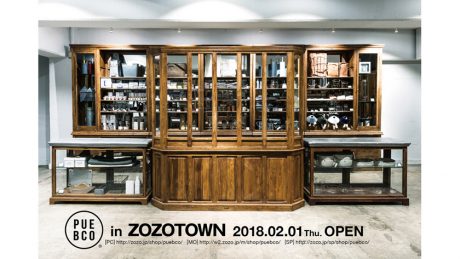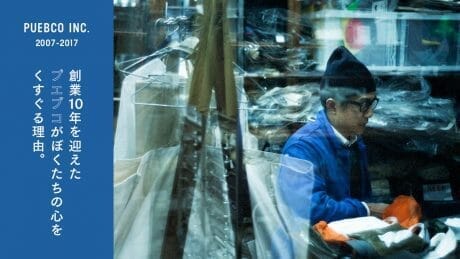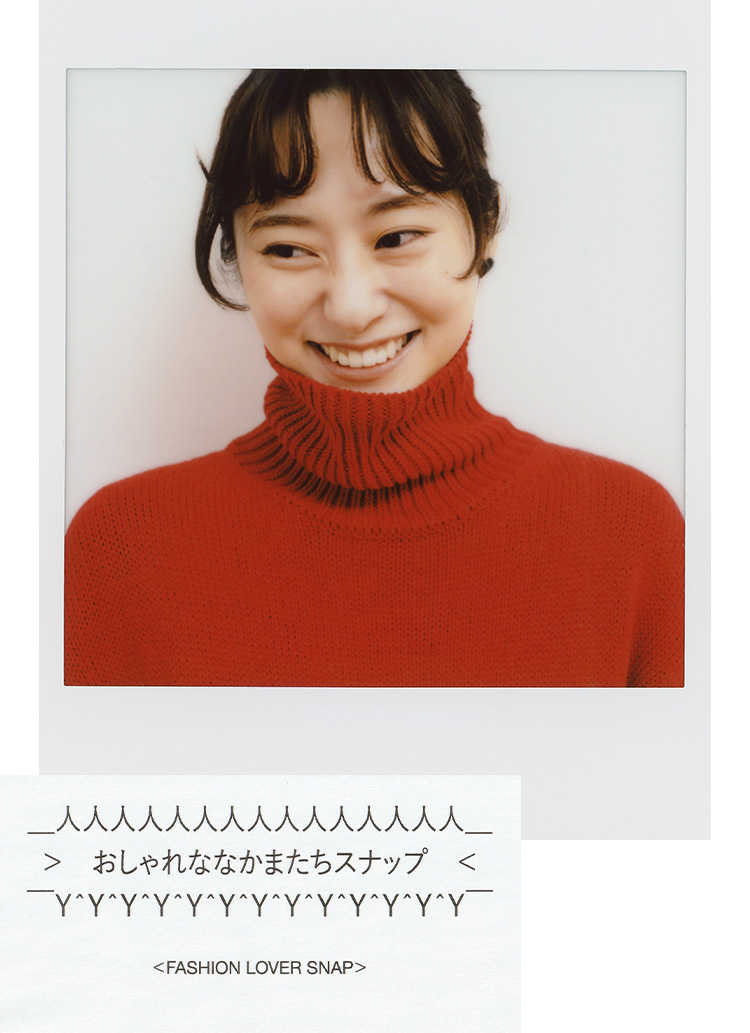Not to exaggerate, Puebko's search for materials is a deadly affair.
Puebco's manufacturing process is, as is typical, divided into various steps. The first step is to find materials. However, in the case of Puebco, priority is placed on materials rather than design. This is because "it is common to conceive product ideas from materials.
Puebko's materials are wide-ranging. Furniture, fabric, glass, marble, wood, iron, tinplate, paper, and many others. However, few of the materials are virgin, and many are second-hand. In other words, they are upcycled.




Everything that lies dormant in various parts of India has the potential to become a Puebco product.
"In India, there is a spontaneous environment of SDGs and recycling. It is because there are people who are trying to turn what was thrown away as garbage into "resources" In India, there are people who are trying to turn what would have been thrown away as garbage into "resources" that can be used to make money. Things that would have become garbage in Japan are not thrown away here, but are collected by recycling companies and sold. That is how the economy works.
Puebco makes good use of India's recycling system, traveling throughout the length and breadth of the country to collect materials from suppliers.
Searching for materials in India is hard work. Mr. Tanaka and Mr. Manuj, a member of the material search team, examine the materials prepared by suppliers at each destination in an air-conditioned room...what a world we don't have here.
One day, we went to an old spinning mill. After showing us the antique spinning machines weaving fabrics with a loud clunk, clunk, clunk, clunk, clunk, clunk, clunk, clunk, clunk, clunk, clunk, clunk, clunk, clunk, and clunk. We were led to a warehouse-like area, where we rummaged through piles of fabrics.

A craftsman of unknown age operates a spinning machine.
Please watch this video with sound. It is a short video, but it should give you an idea of the atmosphere of the factory.
One day, we went to a towel wholesale district. Dodging cars and motorcycles that honked their horns, I repeatedly entered and exited stores that caught my attention, trying to find the fabric I was looking for. Tanaka cautions us, "Drivers over here don't care whether their tires hit pedestrians or not, so please be careful. Without exaggeration, the search for materials is a life-threatening endeavor.
The wholesale street looks like this.
One day, we went to Military Surplus. Not only clothes, but also radios, electric cables, water bottles, helmets, and all sorts of military discharge items are piled up to the height of the third floor of a building, under an apologetic roof. Walking on them, Mr. Tanaka looks like a mountain climber. He sees fragments of things sticking out of the pile, and when he gets a little curious, he pulls them out to finally see the whole picture. This is how it goes every moment of the day. If you do this for an hour under the scorching Indian sun, which can reach 50 degrees Celsius, you will break out in a sweat so thick you can wring out your T-shirt. There is always the fear of heat stroke. And it is not unusual for it to end in futility.




Outside is a scorching hell. The tremendous task of searching through the military releases piled up in a heap under the roof that could collapse at any moment.
There is no such thing as finding what you want in a flash. I don't think of it as a hardship, though, because that's the premise. But you didn't expect it to be like this, did you? Mr. Tanaka mocks to himself, but he has an odd way of putting it. It is indeed very hard, and the work requires perseverance and stamina, just like looking for a needle in the sand. It's not enough to say, "I didn't find anything. You have to find it somehow. He must be under such pressure. Mr. Tanaka had the eyes of a hunter when he was searching for materials. Normally, he is a caring person and always makes us laugh with his jokes, but at this moment, he seemed a little difficult to talk to.
In any case, Mr. Tanaka places importance on walking with his own feet, touching with his own hands, and seeing with his own eyes. He does not leave the search for materials to anyone else. Or, more precisely, he does not.
In a fabric wholesale district filled with fabrics, a woman asked me, "Do you know the difference between this and that? Do you know the difference between these? He presented me with two striped fabrics, one woven and the other printed. One was woven and the other was printed. The woven fabric has a more modern and higher quality texture. At the very least, the creator has to be aware of this difference in order to create the product," said Tanaka.


He visited many fabric wholesalers to find fabrics that fit his image.
It is almost impossible to convey the minute differences between materials to someone else and have them do it for you. In fact, no matter how many words he tried to communicate with Indian brokers or Puebco employees, he was often met with a blank stare. During the interview, Mr. Manuj told us, "Mr. Tanaka's specialty is to look at everything as a material with high resolution.
Puebko's prices are kept low, yet not a single cheap material is used. I felt as if I had touched upon one part of the secret.


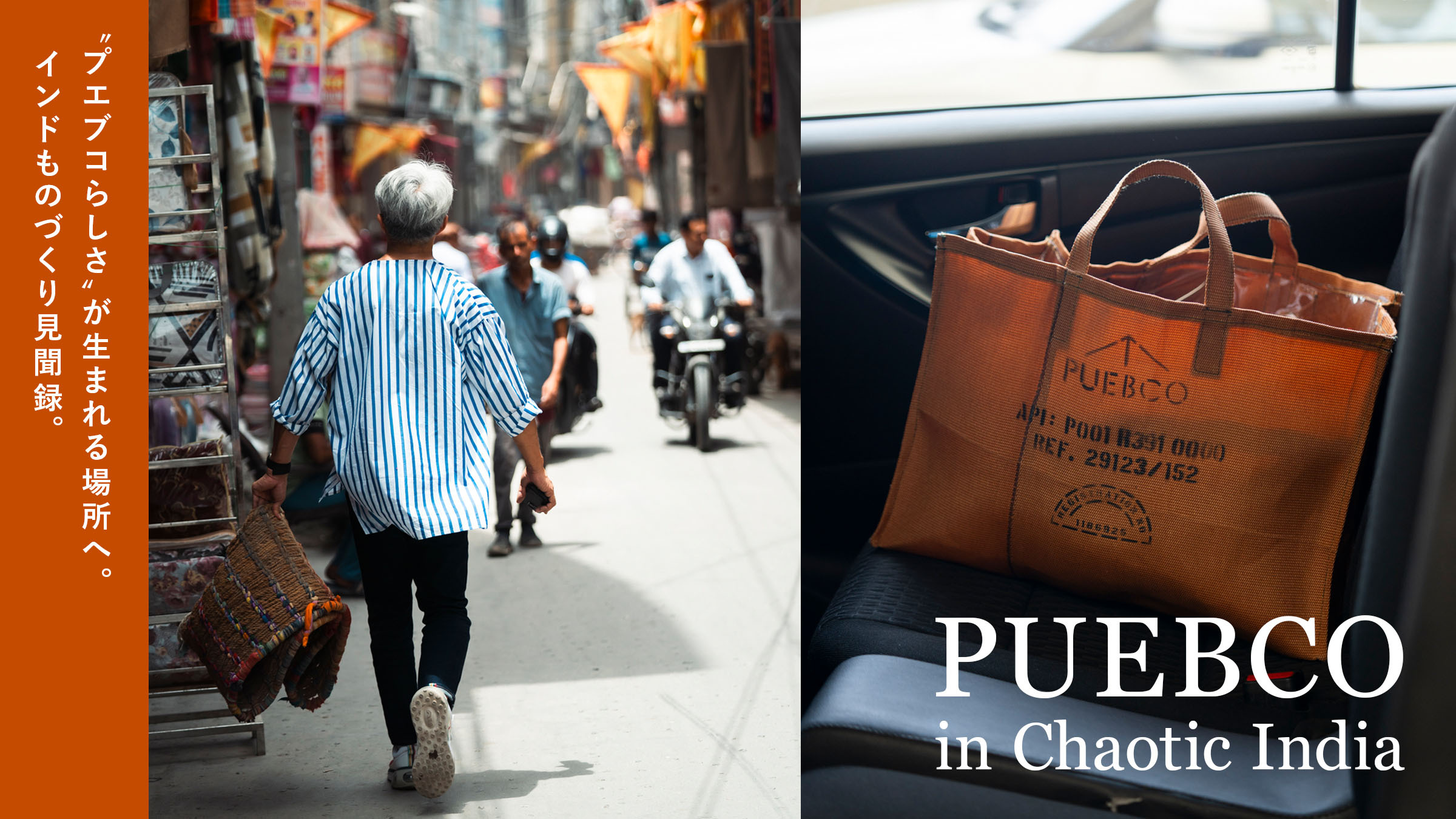
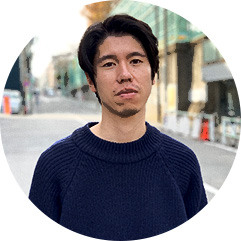
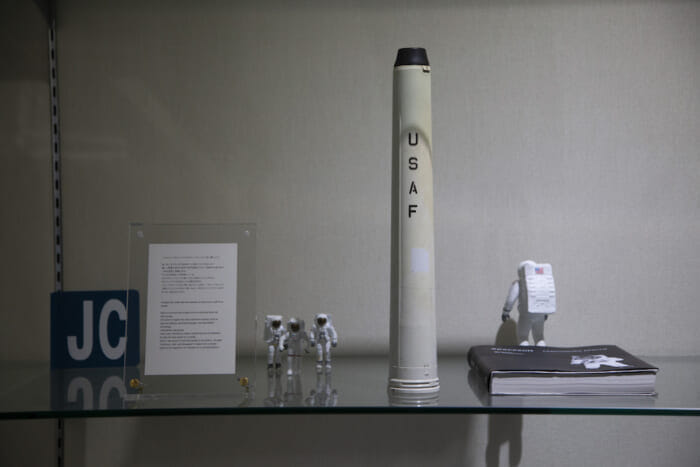
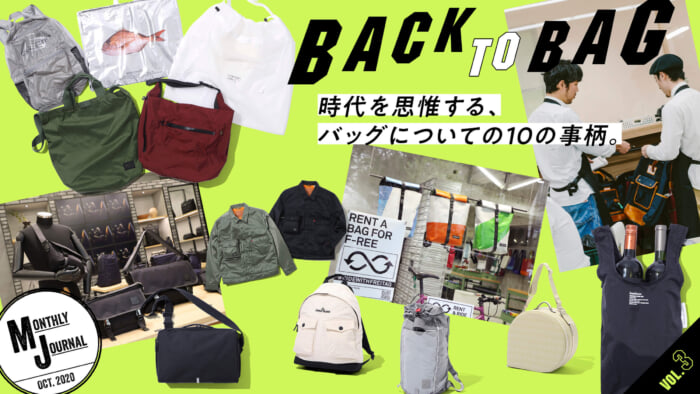
![【HNF NEWS] Some "sustainable" items are now the talk of the town. Puebco's interior goods are interesting!](https://www.houyhnhnm.jp/wp-content/uploads/2019/09/unit_furniture_trimming-460x311.jpg)
